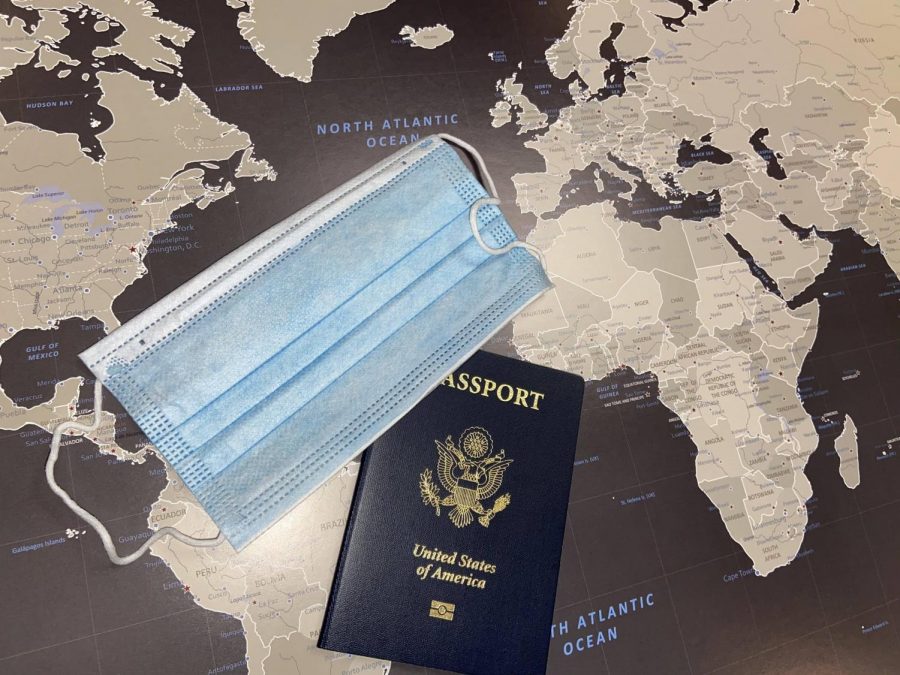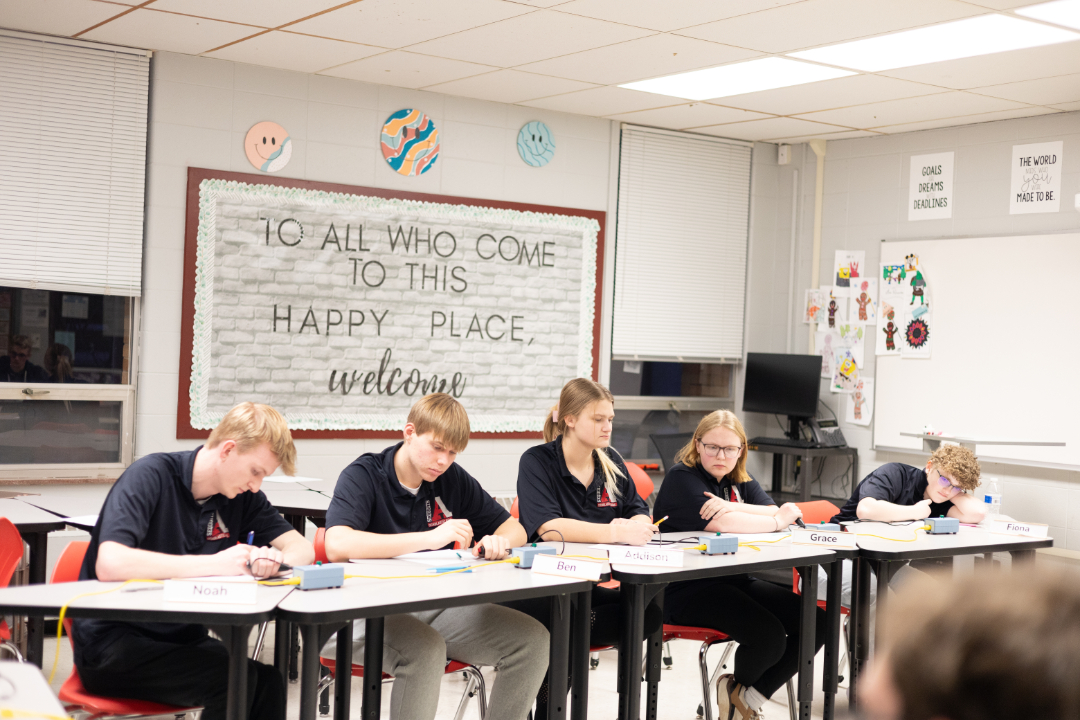The CDC has issued an order that requires any person boarding an international flight into the United States to provide a negative COVID-19 test from no more than three days prior to the flight. The new restrictions were announced on Jan. 12 and are set to be put into effect on Jan. 26. While citizens and non-citizens alike must comply with the regulations, they do not apply to US territories such as Puerto Rico and Guam.
Any person aged two or older must be tested with negative results before boarding a flight to the US, and they must be retested if the original eligibility of the results expires due to a flight delay. According to the CDC and US Embassy guidelines, anyone who has recently recovered from COVID-19 must supply a positive test with a date accompanied by a bill of health from a licensed healthcare provider.
This order comes as a replacement for the previous regulations published on Dec. 25, which were very similar but considered possible exceptions for providing negative tests. According to NBC News, President Joe Biden also cut off transportation to higher risk areas like South Africa and Brazil, which have identified new variants of COVID-19. Stephen Rose, the sponsor for Antioch Community High School international travel, mentioned the possible shortcomings of a negative test result.
“A negative result does not mean no COVID,” Rose said. “It means it’s currently not detected. COVID is already here, and due to the lag time in detecting the disease [in the body], it’s too late because it’s been spreading for the past week or two.”
While many are hopeful for the restrictions to slow the spread of COVID-19 and its variants, it is likely that international travel will not return to “normal” for some time. With the new regulations not in place for US territories, there is a higher possibility of infection from those areas. In ACHS’s case, Rose discussed, international travel will most likely not resume until around 2024. So far, there has been one reported case of the Brazilian variant, and the South African variant has yet to be discovered in the United States.
















